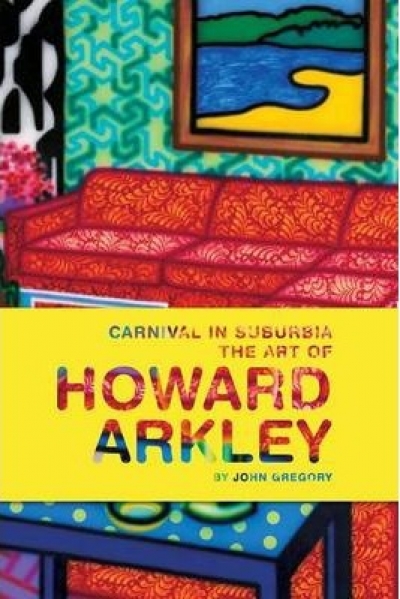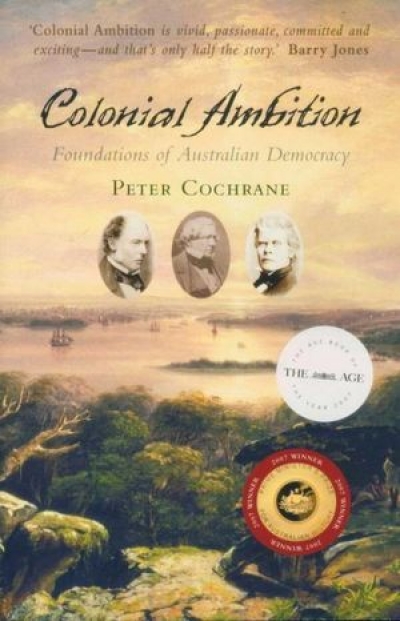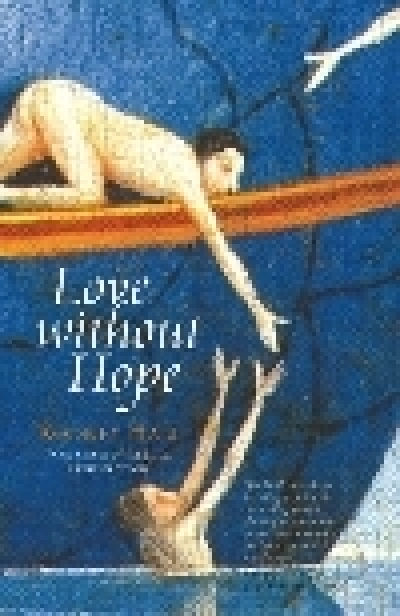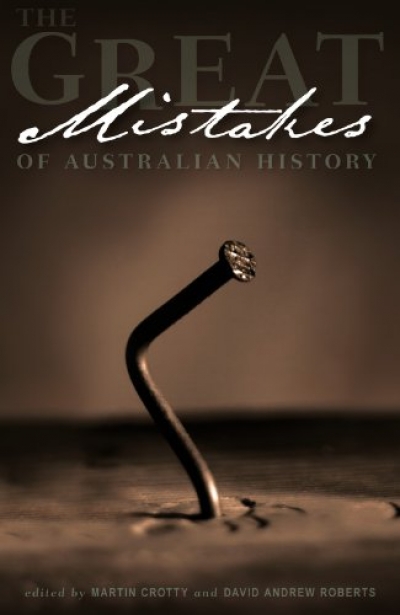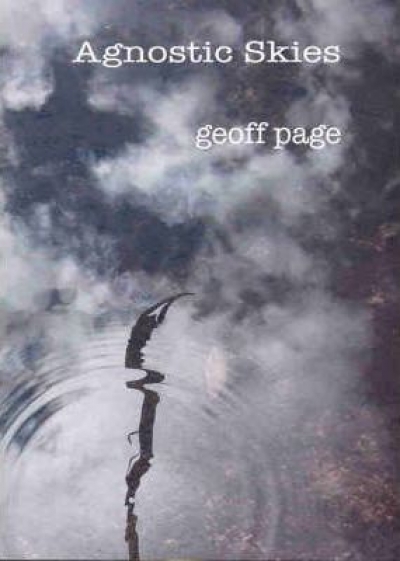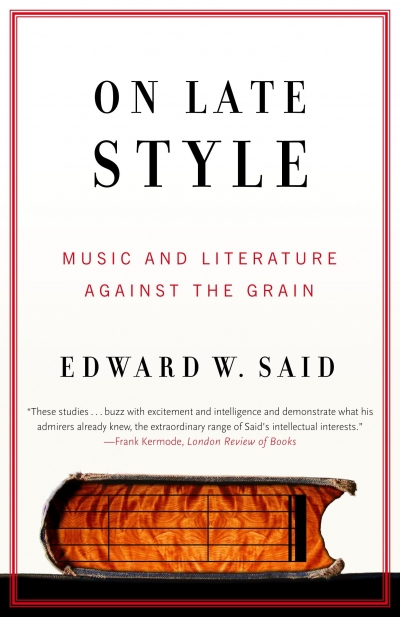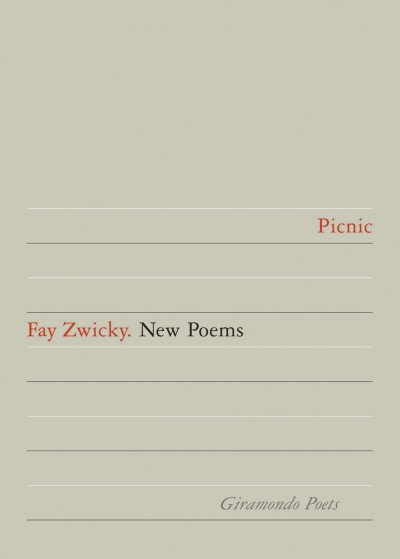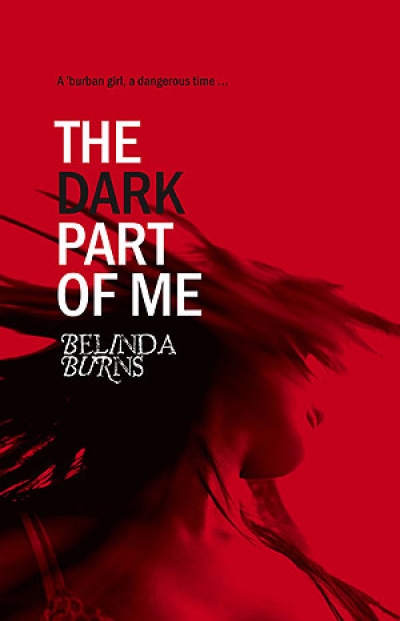Archive
The Victorian Premiers 1856–2006 edited by Paul Strangio and Brian Costar
by John Button •
Carnival in Suburbua: The art of Howard Arkley by John Gregory
by Sarah Thomas •
Colonial Ambition: Foundations of Australian democracy by Peter Cochrane
by Alan Atkinson •
The Great Mistakes of Australian History by Martin Crotty and David Andrew Roberts
by Geoffrey Bolton •
On Late Style: Music and literature against the grain by Edward W. Said
by Ian Donaldson •
The Dark Part of Me by Belinda Burns & The Pilo Family Circus by Will Elliott
by Maria Takolander •
Australian Historical Studies edited by Joy Damousi & Australian Historical Studies edited by Shurlee Swain and Stuart Macintyre
by Lyndon Megarrity •

